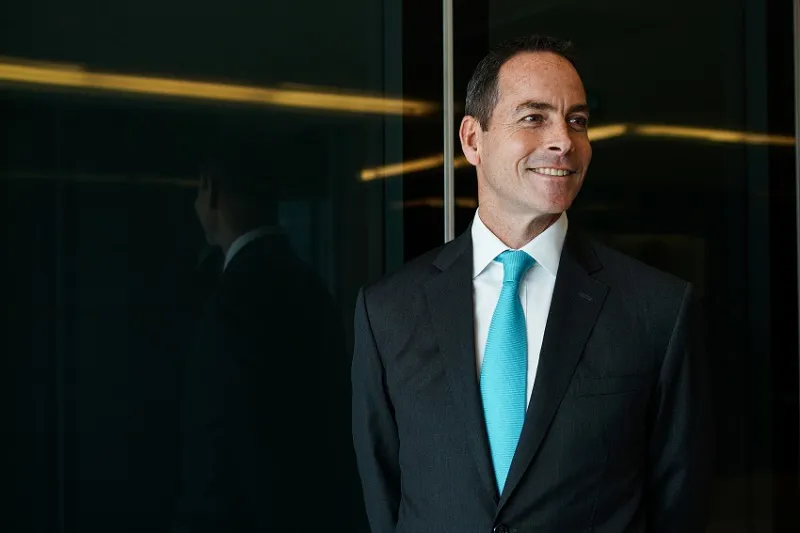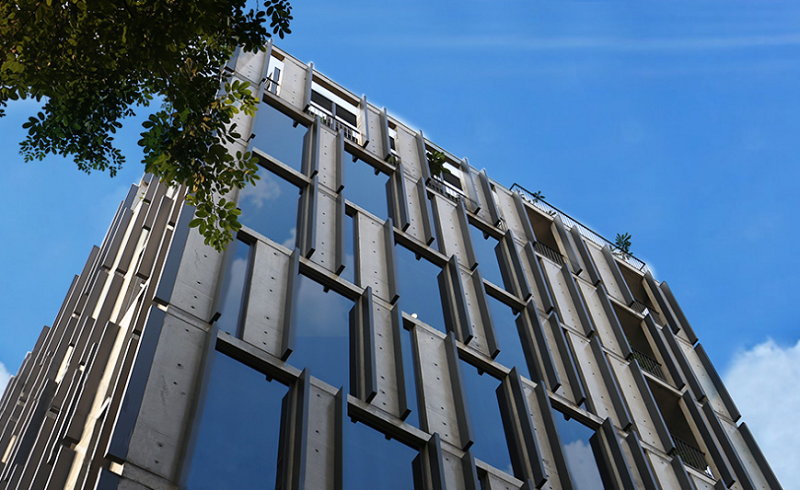Office – resilient segment that draws long-term investors: JLL
Businesses are re-examining their commercial real estate strategies after the changes resulted from Covid-19.
Office will be resilient and draw long-term investors’ interest and confidence after the global health crisis, according to leading global real estate and investment management firm JLL.
| Anthony Couse, CEO, JLL Asia Pacific. Photo: JLL |
Anthony Couse, CEO of JLL Asia Pacific, said Covid-19 is likely to accelerate the evolution of the office as most of the workforce prepares for re-entry and office will remain central to people’s daily business life.
“The current situation poses disruption and challenges for the office sector. The way people view and use corporate real estate will change. However, we can expect the office to remain at the heart of employers’ occupational strategies in Asia Pacific over the medium-to-long-term,” he said in a statement.
Indeed, corporations in Asia Pacific are re-examining their commercial real estate strategies amid government-imposed lockdowns and work-from-home arrangements resulting from the Covid-19 pandemic.
According to JLL’s data, leasing activity softened with global volumes 22% lower than in the first quarter (Q1) of 2019 as deals were cancelled or delayed. Asia Pacific leasing activity, however, was down only 9% on-quarter in Q1/2020 and up 14% on-year. This has yet to filter through to vacancy rates in Asia Pacific, which were flat compared to a quarter earlier at 10.9%.
JLL also reported that for Ho Chi Minh City, there were 68,700 square meters (sq.m) of new spaces completed in Q1/2020 and mainly from Grade B and C, bringing up the office stock to more than 2.3 million sq.m.
Grade A vacancy rate, recorded at 6.4%, was down 161 percentage points compared to Q4/2019 amid the limited supply. Meanwhile, the vacancy rate of Grade B buildings witnessed a slight increase, from 6.4% in Q4/2019 to 6.7% in Q1/2020 due to the impact of new supply.
| Current office configurations may be modified |
As companies prioritize the health and safety of their employees and implement social distancing to re-enter workplaces, changes to office real estate will be inevitable, according to a new report published by JLL.
CEOs are re-examining strategies and may consider recalibrating the amount of space dedicated to traditional office space upon lease expiry, or even before.
However, despite current headwinds, the global real estate consultant believes the office is here to stay. In fact, in some cases the pandemic may lead to an expansion of office space, as companies try to increase physical distancing among their employees.
Current office configurations may be modified, increasing the need for additional space. In doing so, occupiers may consider tapping into flexible space from third-party operators, alongside continued remote working for some employees.
“Work from home is a model that used to be popular only among freelance or information technology workers in Vietnam,” said Trang Bui, head of Markets at JLL Vietnam. “The outbreak has allowed businesses to truly test this working model, a concept that has been discussed a lot before but hasn't been implemented on a large scale.”
Companies, managers and employees are now faced with what it really means to sustainably and effectively maintain work quality, collaboration and co-ordination, as well as social behaviors usually seen in the office - all the while being at home.
Despite a seemingly successful work-from-home experiment globally, offices will continue to be sought after in this region. Although the pandemic has shifted perceptions around the effectiveness of remote working, it has not presented a sustainable or optimal long-term solution for all corporates.
While remote working has been credited with providing employees with more flexibility and work-life balance, offices still play a central role in creating a space for employees to collaborate, interact and unite around shared values, boost staff morale and enhance productivity.
“Today’s corporates operate in an increasingly fast-moving environment where innovation is key to retaining a competitive edge and sustaining company performance. Successful companies pride themselves on having collaborative spaces that drive excellence and innovation,” Couse added.













